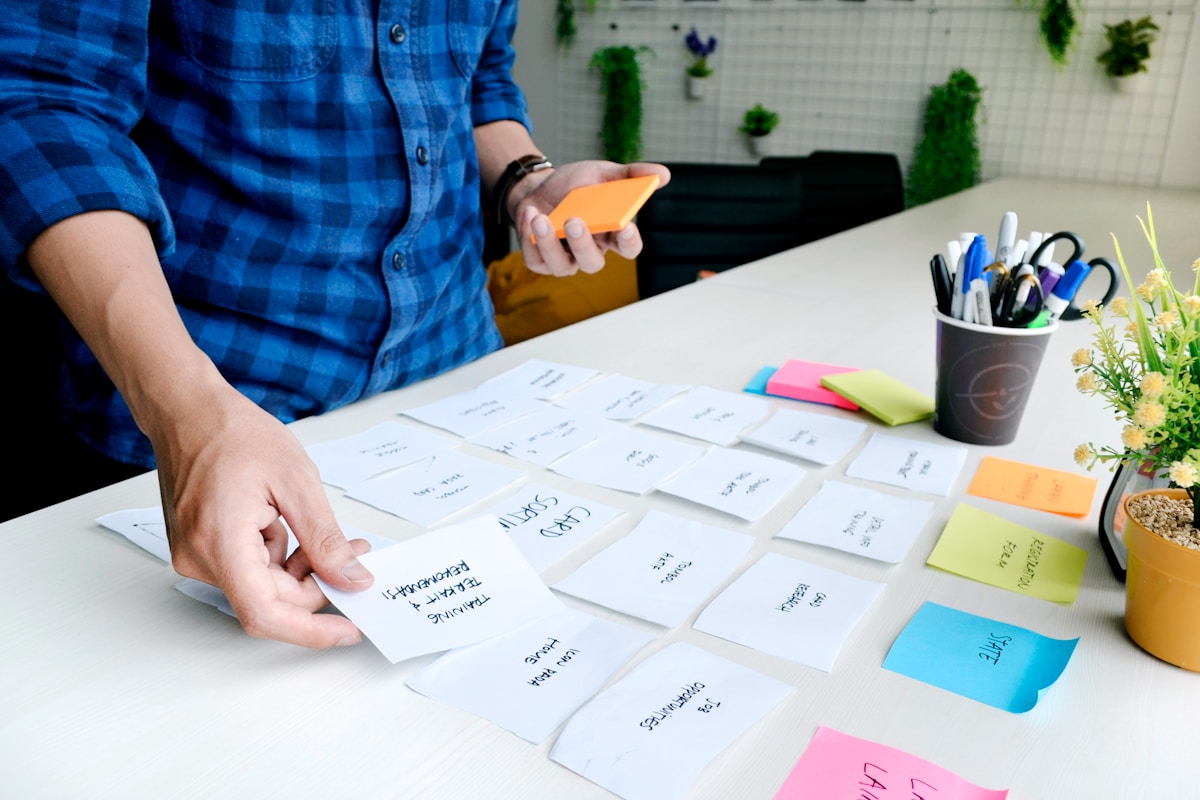





Everything you need
to run a workshop is here
All the information that you need is included in the dropdown sections of this page. If you would like a printable summary then please download a editable GoogleDoc by clicking on the button below.
General pointers & instructions
The following boxes give some general information and context that applies to all the workshops
The role of the facilitator
Having someone to guide and support a group in conversation can often make the difference between having a really valuable, enriching and useful conversation and not. Some facilitators spend their life practising this art, whilst others find themselves thrown in at the deep end having never done it before. Fortunately, with some careful preparation it is possible to do a good job even as a complete novice. In addition, many facilitators find they learn and grow personally from the process which serves them well in other areas of their life.
On paper you could say the main role of a facilitator is to guide a group discussion, fostering effective communication and collaboration. However, there are a few simple rules that enable the other humans having the conversation to really make the most of it. In summary:
- Think carefully about accessibility issues ahead of the session (for example, using understandable language, ease of access to the venue and the potential need for childcare);
- Remain neutral and encourage everyone to really listen to each other;
- Avoid judgement and encourage diverse viewpoints into the conversation;
- Encourage everyone to participate. For example, by actively bringing quieter members of the group into the conversation by asking their response to what is being discussed;
- Keep an eye on the time and politely remind the group when it is time to move on.
- If possible, appoint a designated notetaker to capture what is being said.
Overall, facilitators ensure that discussions stay on track, conflicts are addressed constructively and that the goals for the session are achieved. In the case of Conversations for Scotland, good facilitation will help participants to come to more grounded, effective decisions about the type of future that they want for their community.
There are numerous online resources available to support facilitators (for example, this collection from Chris Corrigan). If you feel that you would like additional help, then please contact the Central Team as we may be able to provide more hands-on support.
Group size
For up to 10 participants the workshops can be run in one big group. For larger groups, we recommend breaking people up into sub groups of around 5 during the workshop exercises. This is to ensure that all voices are heard and that the depth of conversation is meaningful.
Essential & optional modules
We feel strongly that these workshops should be accessible to anyone that would like to host one. We have therefore divided the content into essential and optional exercises, split between two suggested workshops.
Workshop 1: is based around answering three questions. It is designed to be delivered in an informal 2 hour session:
Q1: What are the most important factors for a good life?
Q2: What are your hopes and fears for the future of this community?
Q3: What kind of future does the community want to work towards?
Workshop 2: contains two optional exercises that can be added for a second 2-3 hour workshop.
The Overall the goal is to answer 3 questions (Q1 is repeated from Workshop 1 to build more depth):
Q1: What kind of future does the community want to work towards?
Q2: What does the community already have that can be built on?
Q3: What else does the community need?
Workshop design
We have divided the Workshop Playbook into 4 components:
- Pre-workshop preparation
- Workshop overviews and suggeted outputs
It is important that we collectively communicate the workshop outputs to the Scottish Government. We have therefore created facilitator feedback forms to help collate this information. - Workshop plans and exercises
The workshop exercises have been designed to take place in person but can also be adapted for the online environment if needed. In this case, we suggest using break-out rooms and a Miro Board to mirror the in-person structure. - Available tools
We have linked the open-source tools that you can use into the relevant parts of the Playbook (e.g. the online questionnaire). You can also find them on the Free Tools page of the website.
Next step
Read the background to help frame the workshop conversation
©Dark Matter Labs 2023



